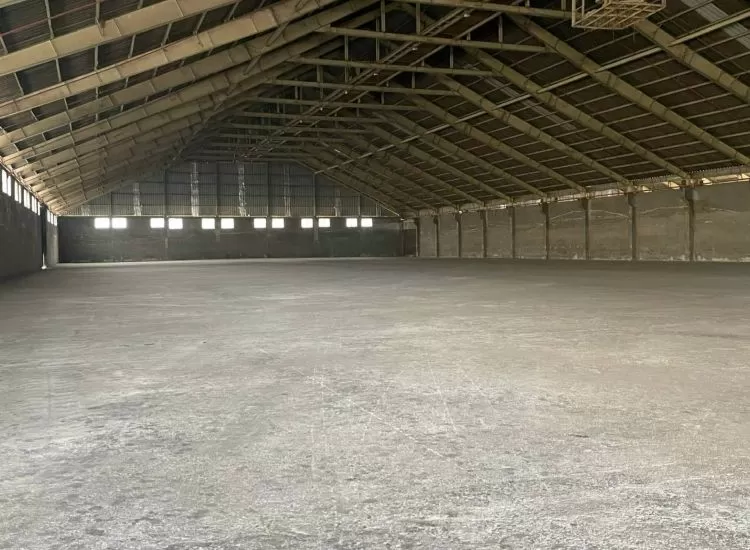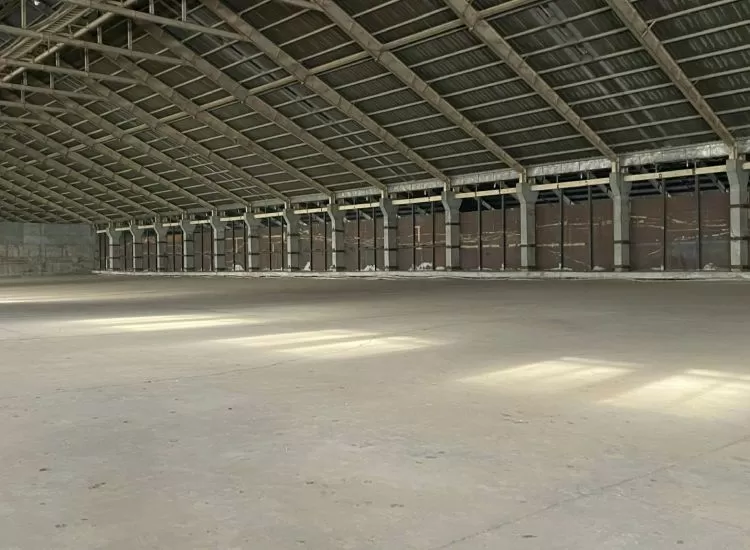Surge in Container Ship Orders Driven by Decarbonization Efforts
Container ship orders continue to increase as liner operators and tonnage providers aim to reduce carbon emissions with ships running on alternative fuels.
.jpg)
HMM vessel (Photo: Port Technology)
The container ship orderbook is on a relentless march towards record levels, with liner operators and tonnage providers increasingly focusing on reducing their carbon footprint by investing in vessels powered by alternative fuels, all while facing a decrease in cargo demand.
In just the first nine months of 2023, a total of 187 container ships were commissioned, primarily ordered by liner operators, contributing an impressive 1.75 million twenty-foot equivalent units (TEU) of capacity.
This surge in newbuilding orders has propelled the container ship orderbook to an all-time high, reaching 7.88 million TEU, which accounts for 29% of the in-service fleet.
Alphaliner explained, "There are two obvious reasons why ordering continues at such as massive scale: Firstly, most carriers are still sitting on large amounts of cash after having made record profits in the wake of the Covid-19 pandemic. Secondly, and more importantly, it is the desire to decarbonise liner shipping that drives the ordering frenzy."
Notably, vessels powered by methanol constitute 52% of the new capacity ordered in 2023, while LNG-powered newbuildings make up 31% of the orders for this year. Together, these "green" ships represent an impressive 83% of the total orders.
Leading the charge in newbuildings is the French carrier CMA CGM, which is investing in both LNG propulsion (for ten 24,000 TEU vessels) and methanol dual-fuel technology (for six 15,000 TEU, twelve 13,000 TEU, and eight 9,200 TEU newbuildings), with a total cost of $6.5 billion.
Taiwan's Evergreen Marine Corporation has opted for methanol as an alternative fuel for 24 ships of 16,000 TEU, with a price tag exceeding $4.62 billion.
MSC, on the other hand, is expanding its LNG-powered fleet by another 20 ships of 10,300 and 11,400 TEU, ordered at the Zhoushan Changhong International Shipyard.
Maersk Line, the operator of the only methanol-powered container ship currently in service, the 2,136 TEU Laura Maersk, has expanded its orderbook for methanol dual-fueled vessels to 24 units. It accomplished this by placing an order for six 9,000 TEU ships at Yangzijiang Shipbuilding. Maersk's orderbook is poised to grow further, with reports suggesting the selection of a shipyard for the construction of up to 15 methanol-powered ships of 3,500 TEU.
While the focus is on ordering eco-friendly ships, the procurement and availability of alternative fuels present another challenge in the decarbonization journey.
Belgian owner Delphis, which received the 6,014 TEU CMA CGM Masai Mara, the first 'ammonia-ready' ship in the container fleet, is actively developing ammonia-compatible engines through its subsidiary CMB.TECH. Their aim is to have these engines ready by 2026, with retrofitting of 'ammonia-ready ships' slated to commence in the same year.
Additionally, several 'non-green' ships ordered in 2023 may eventually transition to environmentally friendly status. This includes three 'methanol-ready' 16,000 TEU ships for COSCO Shipping Lines, ordered from the group's Yangzhou shipyard, and ten 'methanol and ammonia-ready' 13,700 TEU vessels, commissioned by ONE from Imabari Shipbuilding.
Source: Phaata.com (According to ContainerNews)
Phaata - Vietnam's First International Logistics Marketplace
► Connect Shippers & Logistics Companies faster!









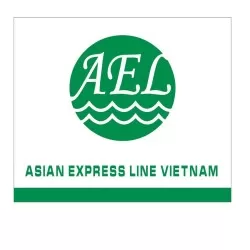
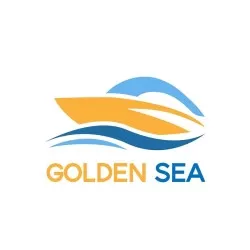
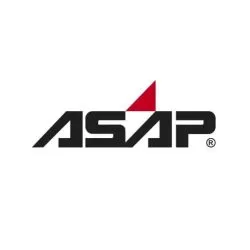
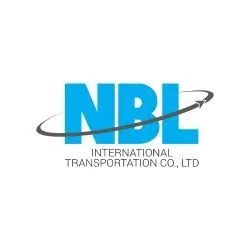








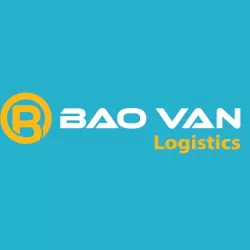
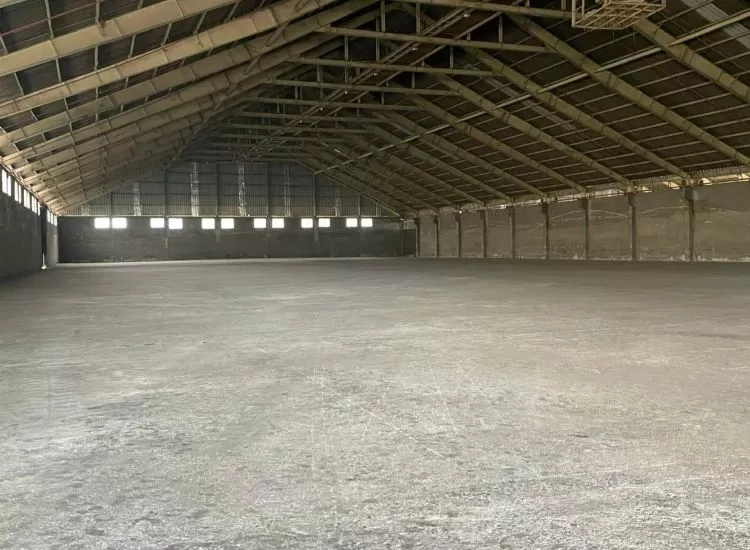
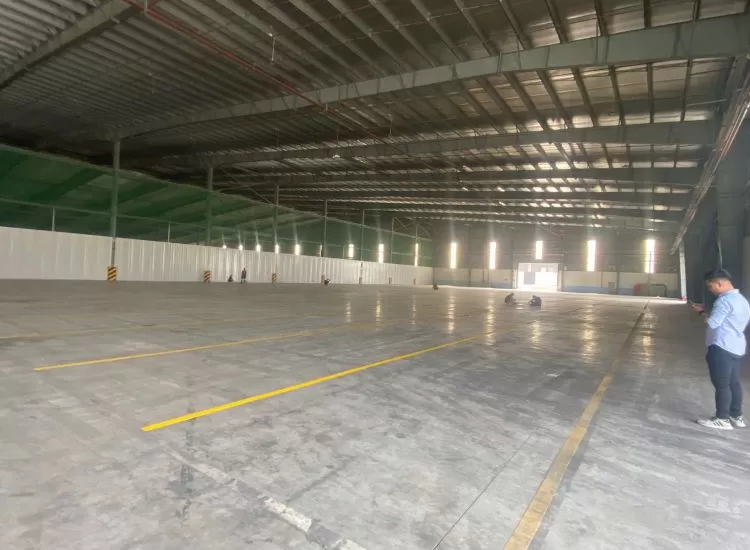
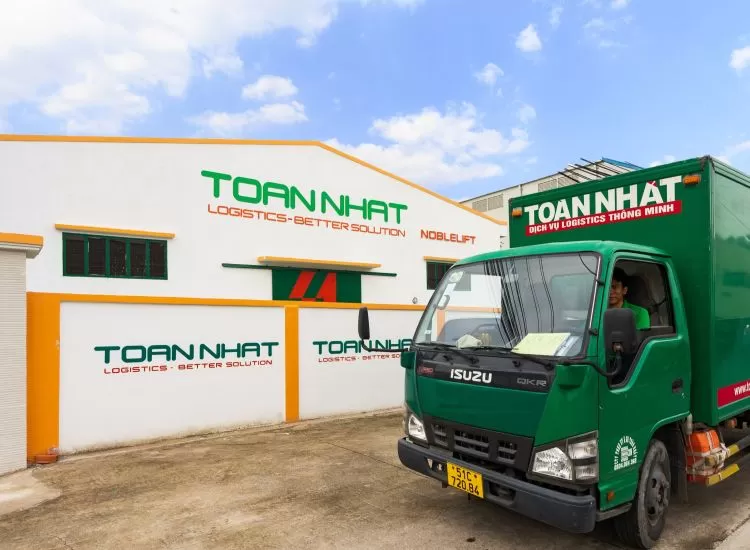
.webp)
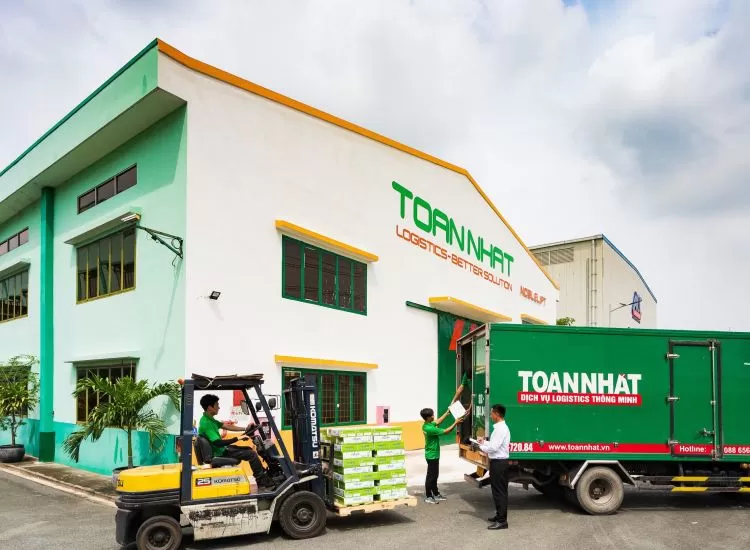
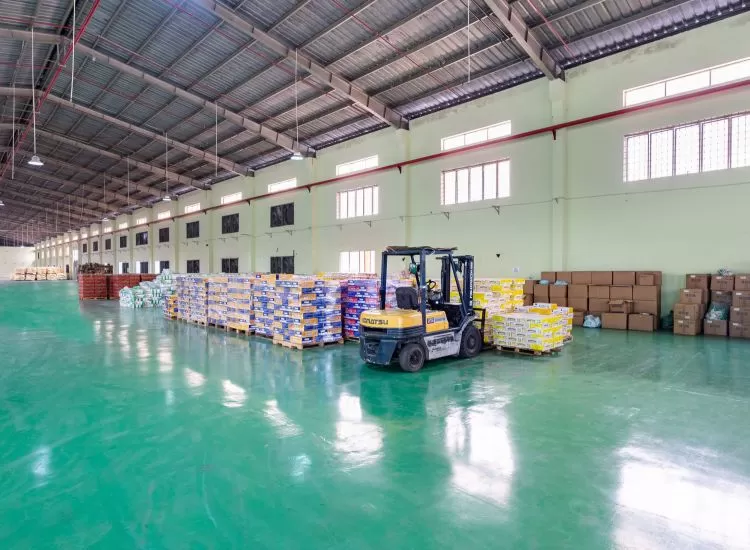
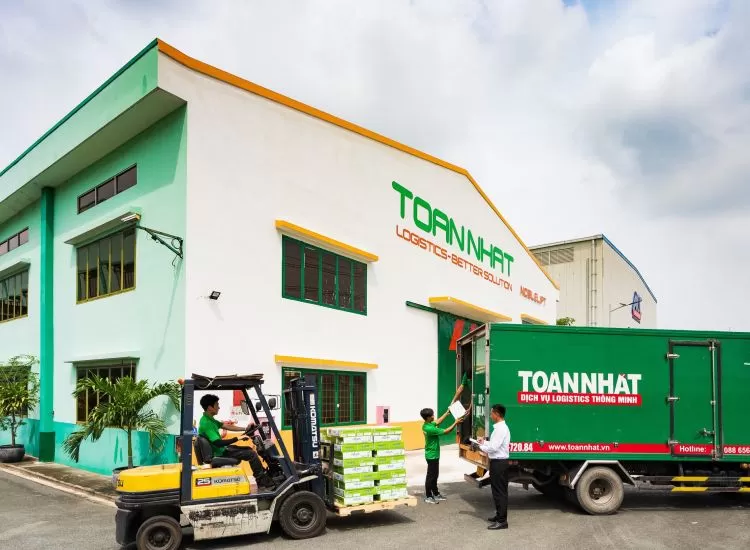
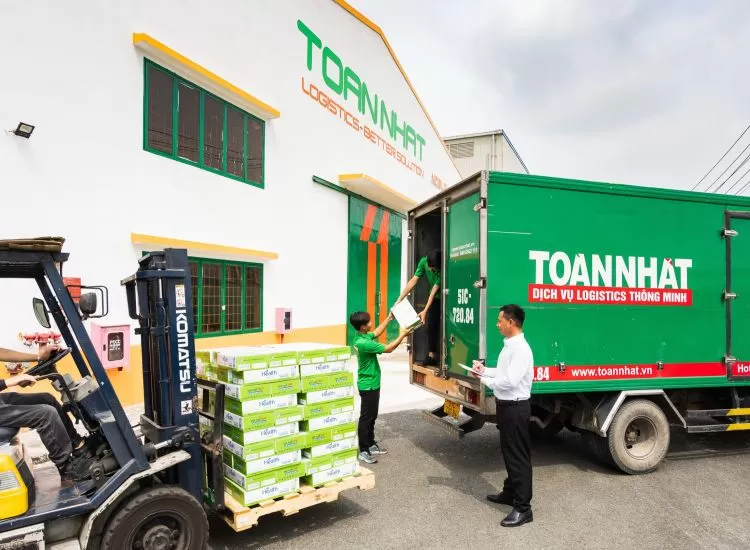
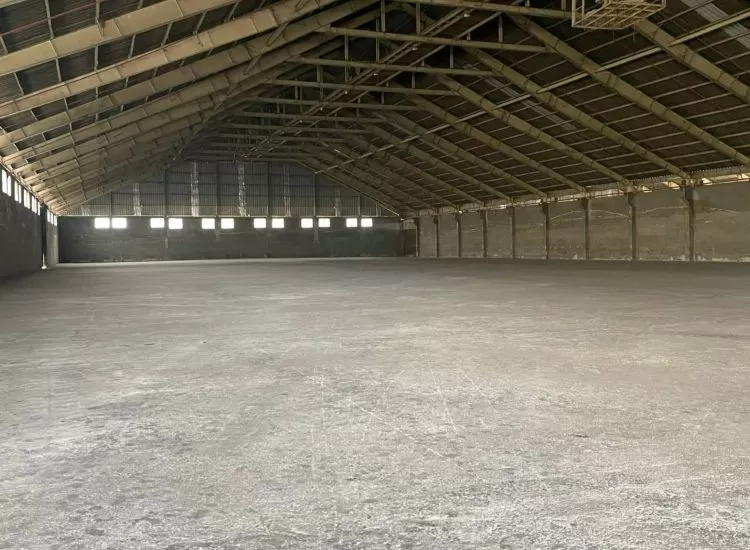
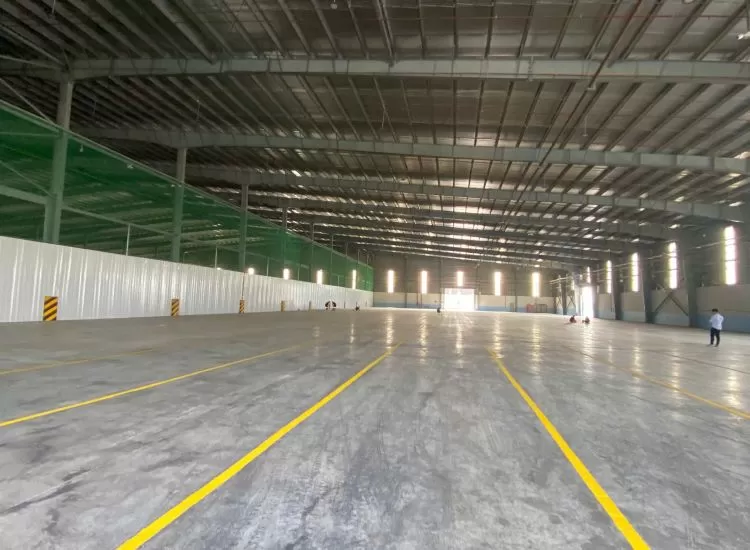
.webp)
.webp)
.webp)
